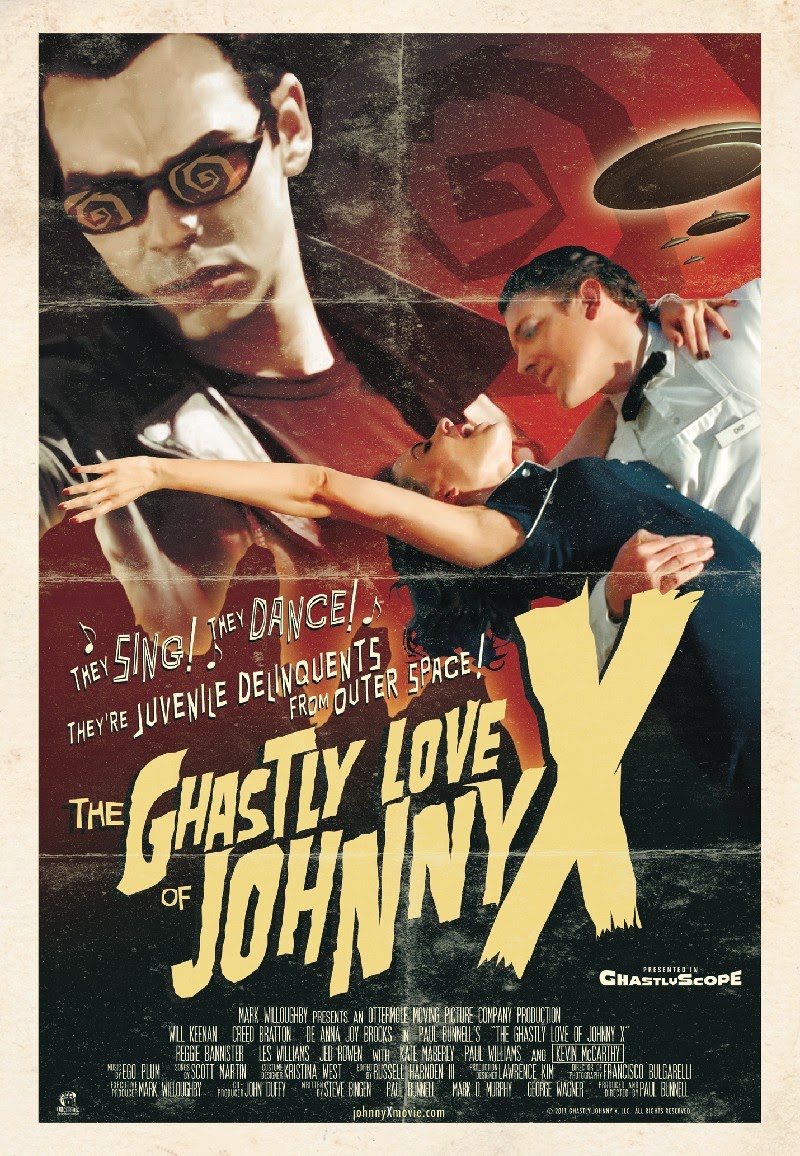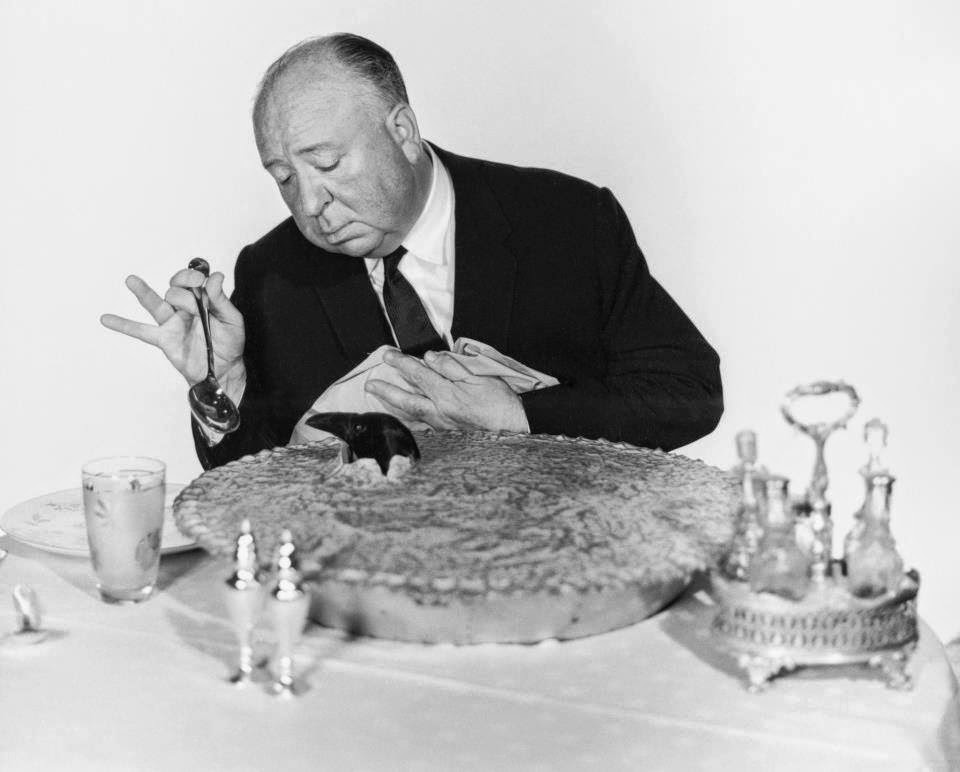What's So Funny About Being a Classic Movie Fan?
Folks, I'm gonna get up on my soap box—which ironically is rather
dirty at the moment—and clear up a few misconceptions people seem
to have about those of us who are young, passionate, classic movies
fans. First, the biggest misconception people have about young movie
freaks, is that we HATE modern movies. We don't hate modern movies.
Now, do I wanna go see the majority of the films that play at the
mega-plex? No, I don.'t Does that I mean I hate those movies. Nope.
Outside of Michael Bay, who I'm pretty sure just presses a few
buttons on a computer, and out comes a movie.
I see plenty of modern movies, I just like the ones of a smaller,
indie nature. Is that wrong? No, it's not. I love movies. Period. End
of discussion! I just happen to be super passionate about the classic
era of Hollywood. If I want to share a classic movie with you, it's
not because I think it's better than what you like, it's just because
I get so excited by something I love, that I want everyone to get in
on the enjoyment. It's what being a geek is all about: “This is
awesome, you've got to check it out!”
The biggest reason I find myself moved to write about this, is based
on a—minor—argument I got into with a friend the other day. It
began when I was mentioning to him that Criterion had just issued on
Blu-Ray, the 1958 classic “The Blob”. My friend responded with a
question that, frankly, gets under my skin in a big way. “I don't
understand why they do that. Why would you put older movies out on
Blu-Ray, they can't look as good as new ones.”
Why does this get under my skin? For one thing, I'm really tired of
this new idea that if a movie is “old” it's automatic invalid. No
one applies that mindset to music—mostly. People don't wake up and
say “Oh, I would listen to The Beatles, but they're soooooooooo
old.” If you listen to music made before the 1980s, then you have
no excuse to avoid movies made before the 1980s. Older movies look
AMAZING on blu-ray. Not all of them, as there's so many variable to
the mix. Does the negative still exist? If not, what elements can be
used to make the master?
Alfred Hitchcock's “To Catch A Thief” looks stunning on Blu-Ray,
better than some new films I've seen on blu-ray. Same goes for Otto
Preminger's “Anatomy of a Murder”. Both titles mastered from
first generation 35mm elements. Ah, there it is! 35mm, film. The
thing that Hollywood wants to phase out. Now, here's another
misconception: I am not, I repeat, NOT against digital. I think
digital and film can coexist beautifully. Digital technology has made
film restoration and preservation—which I am passionate about
too—more economical for studios.
But here's the thing that worries me about all digital movie making.
We don't know yet what the shelf life of digital is. What if in 20
years a massive hit movie like “Avatar” can't be watched anymore
due to the files being corrupted? We know modern 35mm film stock will
last for at least 200 years. Most—if not all—classic film digital
restorations, are printed onto new 35mm negative stock to make new
masters for future generations.
Film
can capture a higher definition than our TV's can even show, and
that's what is used to make these new masters. Because even if the
hard drive fries, there's gonna be a negative of it around. Universal
has been proudly talking of the new 35mm elements they made when
restoring “Schindler's List” for it's 20th
anniversary this year. Also the restoration in the digital realm
allowed the team—who worked with Spielberg and the movie's
cinematographer, to go in and correct a few things that were always a
little off. As in the famous shot of the girl in the red coat, where
the color bleed a little.
There is such a thing as going overboard with digital technology
*cough* George Lucas *cough*. DNR—Digital Noise Reduction—is a
process used to help smooth out dirt, and excessive grain in movies.
Grain, is a part of film—it's what make film look like film.
Sometimes, people think it's just noise in the movie, and I've seen
blu-rays where all the grain has been taken out. It looks—odd.
Especially if the director and cinematographer wanted it there in the
first place, purposely making it grainy to strike a mood.
Now I realize that there are people who just don't care. They don't.
They wouldn't watch a Hitchcock movie if you paid them. Personally, I
don't understand how someone's brain works like that, in the same way
that they might not understand how my brain works the way it does.
Movies are a part of who I am as a human being. Every time I share a
movie with someone, I feel like I'm sharing part of my soul with
them. Be it a genuine classic like “Casablanca”, or a low-budget
drive in flick like “The Hypnotic Eye”.
I'm going to get off my soap box for now, I realize that most of you
are probably on the same page as I am—or at least in the same
ballpark. There's nothing wrong with being a classic movie fan, or
being a fan of modern films. I just wish people would get it out of
their heads that something is wrong with me just because I really
want them to watch “Double Indemnity”.


Comments
Post a Comment